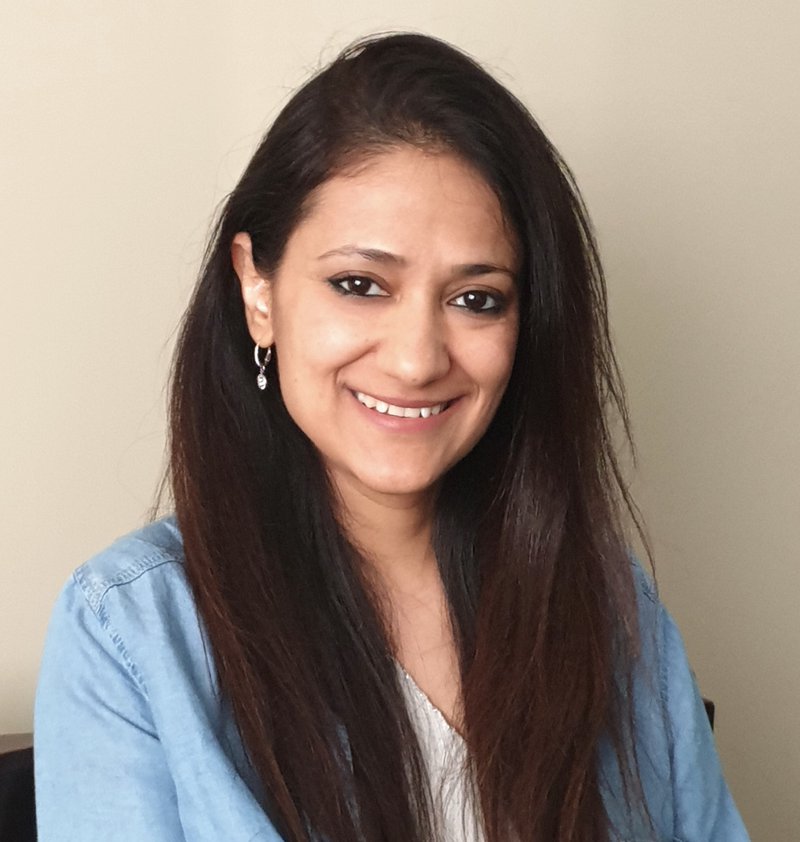Puja Vaish

A total of 24 modern and contemporary art museum professionals residing in 19 different cities have been awarded support to attend the CIMAM 2019 Annual Conference The 21st Century Art Museum: Is Context Everything? that will be held in Sydney, Australia 15–17 November 2019 hosted jointly by the Museum of Contemporary Art Australia.
Launched in 2005, CIMAM’s Travel Grant Program is designed to foster cooperation and cultural exchange between contemporary art curators and museums directors in emerging and developing economies and their counterparts in other regions of the world.
Puja Vaish's Conference Report
"Is Context Everything" at the CIMAM 2019 Annual Conference in Sydney, this question was a rhetoric that ran through the speakers' presentations, as each spoke of the particularities of their circumstantial, geographical, socio-political and cultural contexts.
The conference was set against the background of Australia’s fraught history of colonization, disenfranchisement of the indigenous aboriginal peoples, as well as environmental concerns as the bush fires, ravaged the land even during our time there. It brought forth the pertinence of the discussions around the dynamism of communities, negotiating with political forces, censorship and climate change within 21st-century museum and cultural practice. While the contexts were separate, plural, local and specific, they encouraged collectively rethinking the idea of museums and readdressing collections and audiences and the meanings we may draw/contextualize in an inclusive and participatory way.
Some of the points from the conference that will stay with me as I think of cultural practice:
The keynote on day 1 Challenging the Narrative: Indigenous Perspectives by Wesley Enoch, (who has described himself in his bio first as a proud Noonuccal Nuugi man, and is a theatre director, and Director, Sydney Festival), Why So Many Walls? was inspiring, as I was able to draw parallels on similar conversations on diversity and the colonial contexts in India. Enoch spoke from an indigenous positioning, about pluralism, multitude identities, the need for many voices and the way to grapple with the colonial past in cultural representation. How the non-indigenous is allowed to have many voices and times, but the indigenous has been allowed only one voice. Till now representations in museums have been ‘of’ the indigenous and not ‘for’. He also spoke of ‘decolonization’ as too aspirational an idea, and pressed upon the need to include a colonial lens for ‘a true remembering’.
Ngaharika Mason, Independent Indigenous Curator, Honolulu, Hawaii, further spoke of the question of identity, fluidity of identities and how museums should come together as communities and have exchanges and knowledge sharing. ‘Everyone is facing an identity crisis at some point’.
Franklin Sirmans, Director, Pérez Museum, Miami, spoke of de-accessioning collections, a radical approach that needs to be considered if one is to reassess the stories we tell through our collections.
Sally Tallant’s, Director, The Queens Museum, New York, paper presented viable and practical projects to engage the publics and bring community participation in museums even when confronting controversial debates on immigration, the refugee crisis and climate change.
Wanda Nanibush’s, Curator of Indigenous Art, Art Gallery of Ontario, Toronto, Canada, practice incorporated an interesting idea of land claim, within museums, from an indigenous perspective, which she has been able to achieve.
I would be interested to see an Asian perspective included in future CIMAM conferences, as collections from Asia are scattered in museums across the world through colonization, and to further enrich conversations on cultural exchanges, collecting practice, knowledge-sharing and reassessing Western canons and traditional museum practice.
The mentorship program assigned Frances Morris, Director Tate Modern, London, as my mentor, and I was fortunate to have brief but interesting conversations with her through the conference and some of the other CIMAM board members including Mami Kataoka, Deputy Director and Chief Curator, Mori Art Museum, Tokyo and newly appointed President of CIMAM, and Suhanya Raffel, Director M+ Museum, Hong Kong, through the special lunch for the grantees.
On a bus ride and thereafter, I was also able to have detailed interactions with Suay Aksoy, President of ICOM, and will be taking forward a conversation to increase the ICOM presence in India.
The visits to the museums, galleries as well as tours of Redfern and Carriageworks provided a firsthand experience of local art practices. I thank the host institutions, and MCA Director and CIMAM President, Elizabeth Ann Macgregor, the MCA team, and the CIMAM team for organizing the conference and the post-conference tour which brought us to Brisbane and the fascinating art spaces and artist studios there.
The learnings from the conference are a valuable resource for me, as I move from my role as curator at Dr. Bhau Daji Lad Museum, Mumbai which has a 19th-early 20th-century collection with a strong focus on contemporary art, to director of an institution of modern and contemporary art, the Jehangir Nicholson Art Foundation, CSMVS, Mumbai.
I congratulate CIMAM for creating a platform to build a global network of professionals. I am very grateful to the funding institution, the Getty Foundation, and CIMAM for awarding me the travel grant, making it possible for me to attend the conference, as I come back with many memories, new associations with colleagues from other parts of the world and many points to ponder and act on within my cultural context. I hope to materialize collaborations with associations made through the conference.